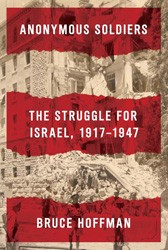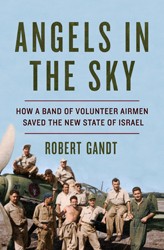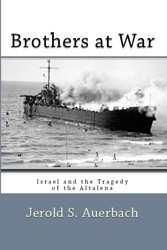Based on extensive study of contemporary Israeli archival sources and the media as well as interviews and published studies, Orit Rozin examines the implementation of the austerity program in Israel in the early 1950s and its political, social, and economic implications. The author’s purpose is “not only to present a comprehensive picture of some of the changes that took place during this period, but also to portray them … from the point of view of the Israelis who experienced them.” The book opens with an examination of the austerity program carried out during the first years following Israeli independence (1948), resulting from the dwindling foreign currency reserves of the state, preventing it from buying essential raw materials and foodstuffs while facing at the same time continued security problems and mass immigration, much of it of poor Jews, from devastated post-World War II Europe and the Islamic world.

Nonfiction
The Rise of the Individual in 1950s Israel: A Challenge to Collectivism
- Review
By
– June 21, 2012
The austerity program, which included food, clothing, and shoes rationing, caused hardships on the population and the growth of the black market, resulting in increased anger with the ruling left-wing MAPAI Party and the strengthening of individual self-interest, mainly of housewives, who had to make ends meet, since they were the ones who were responsible for their families’ immediate needs for food and clothing. Rozin shows how this influenced national elections and the rise of the central leaning, middle class General Zionists Party. The last part examines how old-timers viewed the immigrants, and especially those from the Islamic world, reflecting cultural bias and feelings of superiority. This is an important contribution not only to the social and political developments of Israel in the period immediately following independence, but also pointing to the roots of changes in the following decades. Index, notes, references.
Rachel Simon, a librarian at Princeton University, does research on Jews in the modern Middle East and North Africa, with special reference to Libya, Ottoman Empire, women, and education.
Discussion Questions

Jewish literature inspires, enriches, and educates the community.
Help support the Jewish Book Council.


